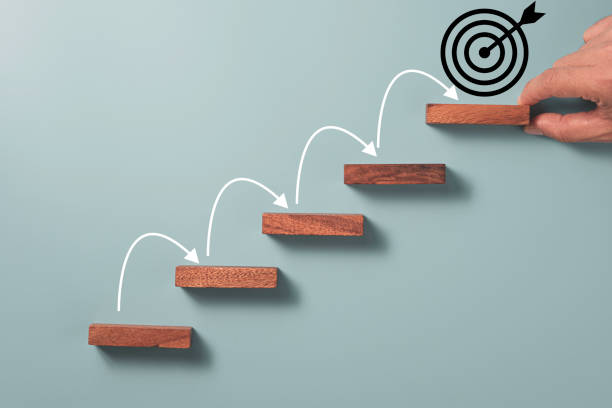The ability to solve problems effectively is what separates people who succeed from those who struggle to find their way. Problem-solving skills can help you think critically, find the best way forward, and most importantly, stay calm under pressure. In business, finding team members with strong problem-solving skills encourages creativity and innovation.
Read on to discover 10 practical tips to help you sharpen your problem-solving abilities.
Why are problem-solving skills important?
Problem-solving is an essential life skill that impacts every area of your life, from making everyday decisions to overcoming obstacles at work. Strong problem-solving skills improve your ability to think clearly, find the most effective solutions and handle high-stress situations confidently.
10 ways to improve problem-solving skills
Here are practical ways to boost your problem-solving skills and tackle challenges more effectively, no matter the situation.
1. Define the problem clearly
Before jumping into a solution, it’s crucial to clearly define the problem you’re dealing with. Ask questions, gather data, and talk to the people involved. You want to ensure you’re focusing on the root cause and not just addressing symptoms.
Ever heard the saying a well-defined problem is half-solved? So spend time pinpointing exactly what the issue is.
2. Break problems down into manageable steps
When faced with complex issues, break the problem into smaller, bite-sized pieces. By doing this, you can tackle each aspect one at a time without feeling overwhelmed. This approach helps you stay focused and organized. It also provides clarity, making it easier to see where potential solutions may emerge.
3. Practice active listening
Remember in point 1 we mentioned talking to the people involved? Sometimes the key to solving a problem lies in listening. Engage others to gather different perspectives, and you may find a solution you hadn’t considered.
4. Think creatively
Food for thought – can you be a good problem solver without being a creative thinker?
Creative thinking is at the heart of great problem-solving. Challenge yourself to think outside the box and explore unconventional solutions. Problem solving techniques like brainstorming and mind mapping can help you generate new ideas and find new approaches to even the toughest problems.
5. Be open-minded
It’s easy to fall into the trap of thinking there’s only one “right” solution. However, the best problem solvers remain flexible and open to multiple solutions. You may need to pivot and try different methods before landing on the most effective one. Keep an open mind, and be willing to adapt.
6. Develop critical thinking skills
To solve problems effectively, you need to think critically about every possible outcome. Question assumptions and evaluate evidence. Don’t also forget to consider the pros and cons of each solution you come up with. Critical thinking helps you assess all angles of a problem before making a decision, ensuring that your solution is well-thought-out.
7. Apply the trial and error method
Don’t be afraid to experiment with different solutions. If one doesn’t work, adjust it and give it another try. The real power lies in learning from your mistakes, which sharpens your approach and drives better results over time. This aligns perfectly with Kaizen’s problem-solving philosophy.
8. Improve your emotional intelligence
Emotional intelligence plays a big role in solving problems, particularly in team settings. Being able to manage your emotions and understand other people’s perspectives can make all the difference. A high level of emotional intelligence allows you to navigate conflict, find compromise, and collaborate better during problem-solving efforts.
9. Use problem-solving tools and techniques
Problem-solving techniques like the 5 Whys, Fishbone Diagram, and SWOT analysis can help you with root cause analysis and visualize the problem’s impact, providing you with a structured approach to solving complex problems.
10. Reflect and learn from past problems
One of the best ways to improve problem-solving skills is to reflect on your past experiences. Analyze what worked, what didn’t, and what you could have done differently. By reviewing past challenges, you can identify patterns and continuously refine your approach to solving future problems.
Kaizen – a proven way to develop your problem-solving skills
One proven philosophy for developing problem-solving skills is the Kaizen approach, which focuses on continuous improvements that reduce the occurrence of the same issues over and over again in the future.
Learn more about Kaizen here.
Conclusion
Improving your problem-solving skills takes time and a willingness to fail along the way, but it’s worth it. Remember, greatness comes from learning through mistakes and constantly pushing yourself to grow – the Kaizen way.


Comments are closed